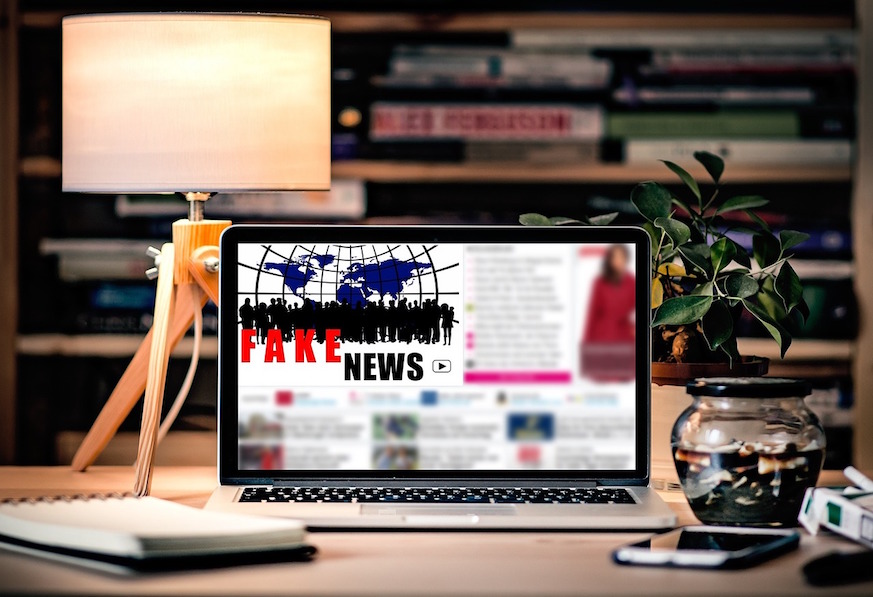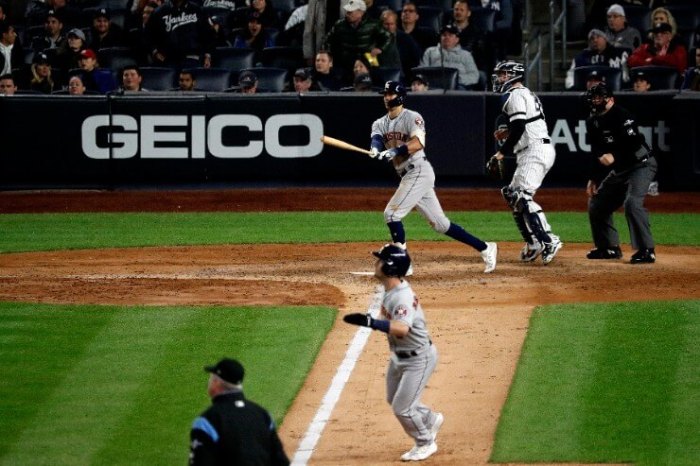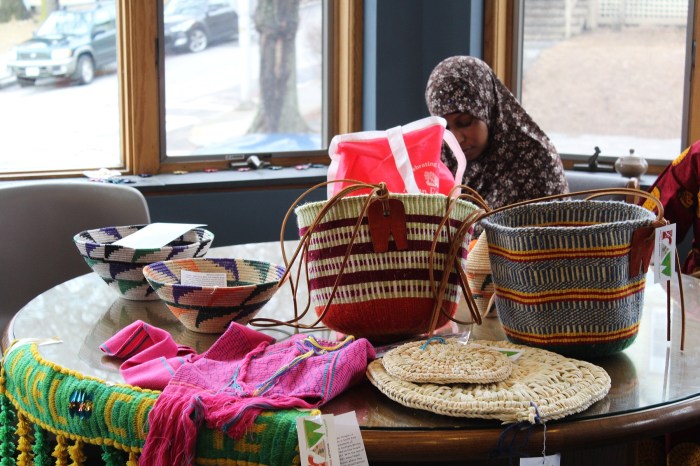Even if you try your best to avoid “fake news,” you’re probably still being affected by the pseudostories. That’s because fake news influences real news, according to a Boston University study.
Two BU College of Communication professors, Michelle Amazeen and Lei Guo, noticed there was some anecdotal evidence that fake news may affect more mainstream coverage, but there was no empirical study to measure that impact. So they did their own research.
Their study, “The agenda-setting power of fake news,” was recently published in the journal New Media & Society. It examines the relationship between fake news and online media, as well as the impact of independent fact-checking sites like PolitiFact.com and Snopes.
The good news is that the overall effect of fake news on the general media landscape hasn’t changed much that three-year period, Guo said.
The bad news, however, is that fake news can influence what partisan and emerging (meaning online-only) media cover, they found. That influence grew in 2016, Guo said, which they believe is connected to the election.
A “lead-and-follow” relationship exists between fake news and real media, she said. While the paper says fake news can only be defined anecdotally, research shows hundreds of websites have come into existence around the internet that appear credible but intentionally disseminate false information.
Though this study didn’t determine whether partisan and online outlets were also repeating the fake news or debunking it, either way is a clear influence, Guo said, “[Because] the issues will remain salient and prominent on their mind.”
Basically, stories that may have flown under the radar when only on “fake news” sites gain momentum when covered (even if debunked) by other media outlets, and any associations those fake reports make may still become engrained in the public’s thinking. Take Pizzagate for example, Amazeen noted.
The desire to “fight” fake news also takes away that media outlet’s resources and ability to cover other stories, the researchers said.
Plus, there are already independent, nonpartisan fact checkers who do that work, and yet, those fact-checking sites don’t really impact online news media, the study found.
“The motto of the first, web-based contemporary fact-checker in the US, FactCheck.org, was ‘Please steal our stuff,’” Amazeen said. “They wanted journalists to cite their findings. Our study shows this seems to be an unfulfilled opportunity.”
So what should news outlets do instead?
“I think part of what news organizations need to be doing beyond the correction of fake stories is helping people become more news literate — that is, help people to understand how and why fake news is proliferating,” Amazeen said.
Guo added that, in her opinion, “maybe legit media should spend less time talking about fake news, even to refute it.”
The fact-checking sources exist for a reason, she said, so “If consumers are unsure about something, they can always go to those professional, independent websites.”
























